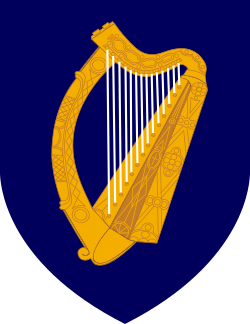| Interpretation (Amendment) Act 1993 | |
|---|---|
 | |
| Oireachtas | |
| |
| Citation | No. 35 of 1993 |
| Signed | 22 December 1993 |
| Repealed | 1 January 2006 |
| Legislative history | |
| Bill citation | No. 55 of 1993 |
| Introduced by | Minister for Equality and Law Reform (Mervyn Taylor) |
| Introduced | 7 March 1961 |
| Repealed by | |
| Interpretation Act 2005 | |
| Status: Repealed | |
The Interpretation (Amendment) Act 1993 was an Interpretation Act passed by the Oireachtas in order to promote gender-inclusive language. It supplemented the Interpretation Act 1937 by providing that (as well as the pre-existing rule that the masculine includes feminine) the feminine gender would also be taken to include the masculine. [1]
The Act was repealed and re-enacted by the Interpretation Act 2005. Section 18(b)(ii) of that Act provides, "In an Act passed on or after 22 December 1993, and in a statutory instrument made after that date, a word importing the feminine gender shall be read as also importing the masculine gender". [2]